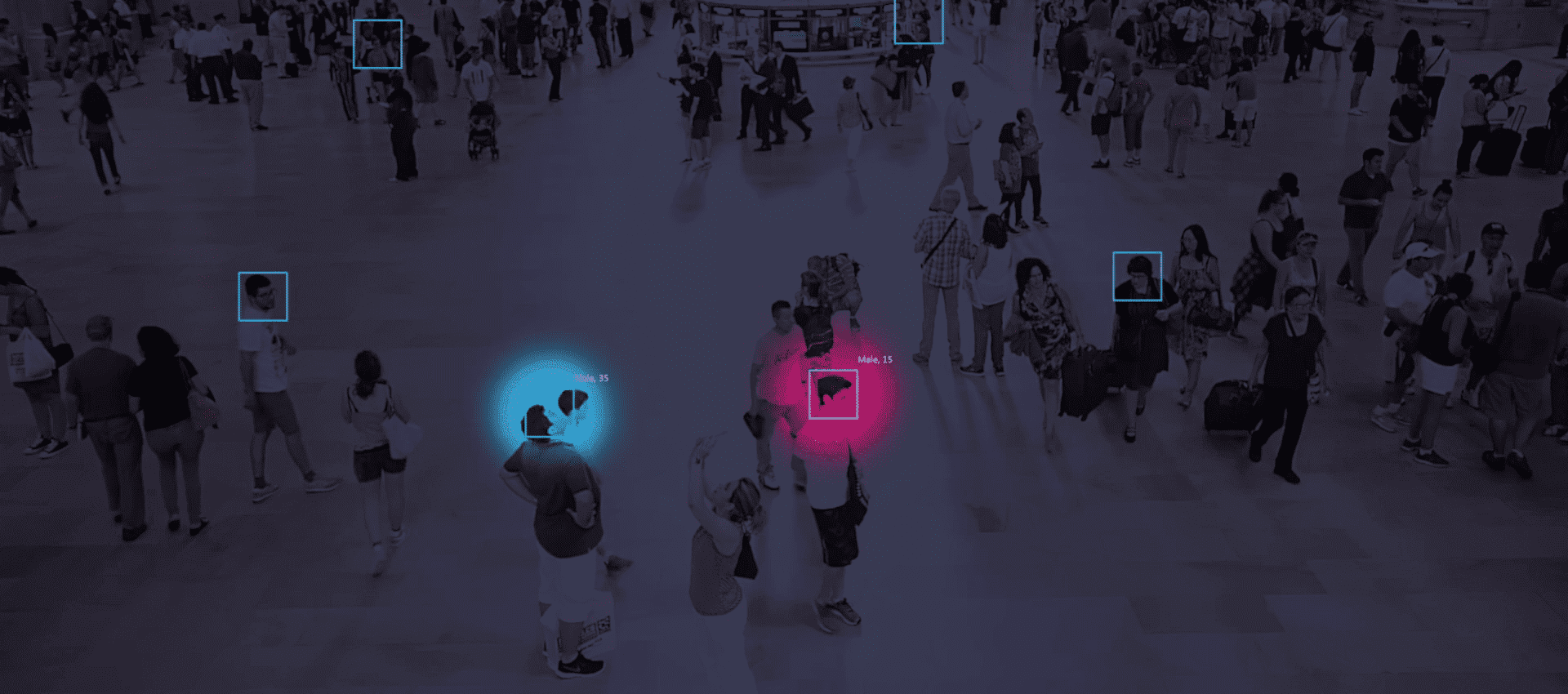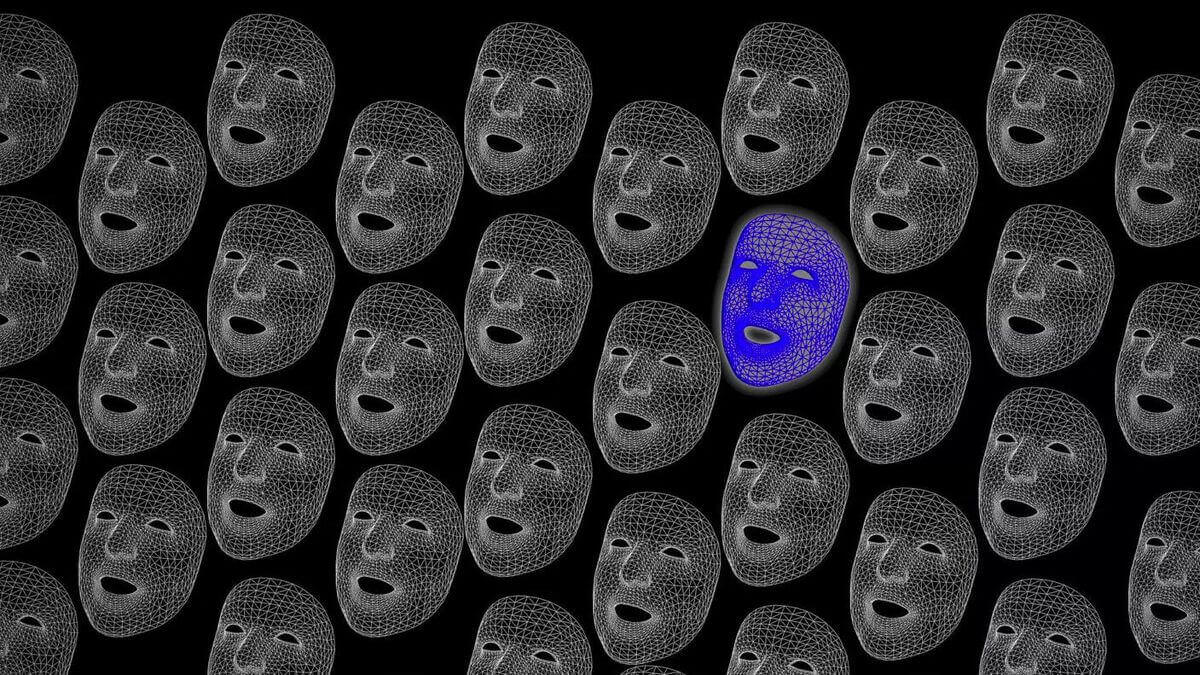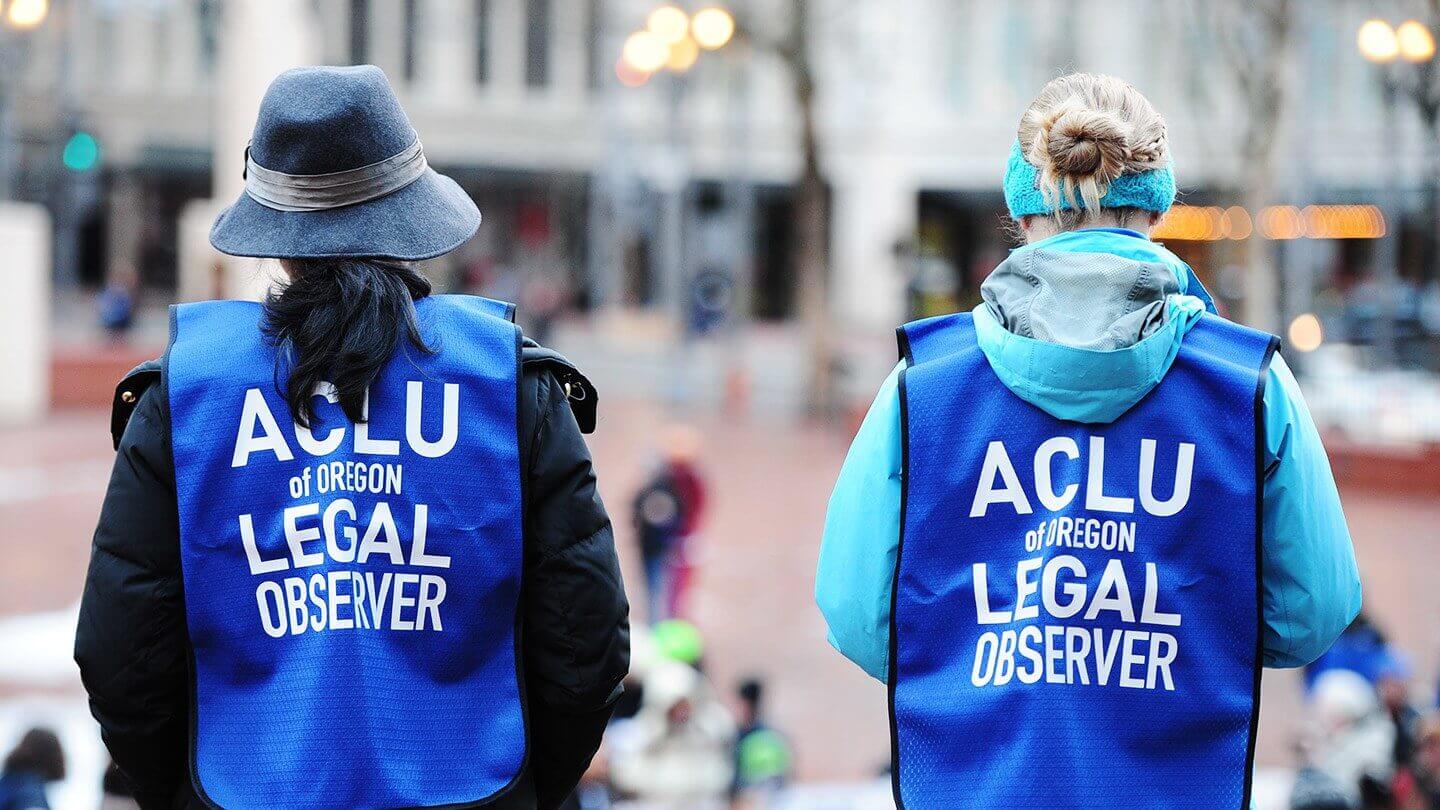Why it matters: Government agencies are notoriously slippery when it comes to any attempt at probing their use of controversial technologies, but that won't stop the American Civil Liberties Union (ACLU) from trying. Privacy advocates believe that facial recognition, in particular, can enable persistent, undetectable government surveillance on a massive scale that erodes everyone's expectations of privacy.
Back in December, the American Civil Liberties Union sued Homeland Security for its 'stingray' phone surveillance program that has long been in use by US' border protection and immigration offices with little transparency about the details, especially when it comes to privacy protections.
Now the ACLU is filing another lawsuit in a New York federal court, but this time it's targeting airports' face recognition program. The civil liberties group claims the agency is being too secretive considering the privacy implications of such a system. ACLU attorneys are demanding Homeland Security, ICE, CBP, and the TSA provide records related to the face-scanning software used and its exact purpose at US airports and along the border. They are hoping to uncover details about a technology they think raises "profound civil liberties concerns" and "can enable undetectable, persistent government surveillance on a massive scale."

It should raise concern that it's believed that Chinese tech giants like China Telecom, ZTE, and Dahua are shaping the United Nations' standards for facial recognition. These companies are prominent for proposals on specifications that would unify the kind of face, video and vehicle monitoring adopted for surveillance purposes around the world. It's also well known the Chinese government makes extensive use of the technology.
The Trump administration's face recognition program is controversial for a number of reasons. First of all, it's being fast-tracked despite concerns about accuracy, bias, and the possibility for false positives when trying to identify criminals. It's also unclear how the face recognition data is shared with state and local authorities, as well as third parties like airlines and commercial vendors.

If you're an American citizen, you should know you can opt out of the facial recognition program, and CBP's insistence on making it mandatory has so far been met with a mountain of resistance. But even so, it's important to make sure that there is little potential for data breaches, especially given the CBP's poor track record with protecting the data it collects.
On the other side of the Atlantic, the EU is considering tighter rules around facial recognition tech, so that citizens can have more control over the data generated and the way it is used by governments and corporate entities.
